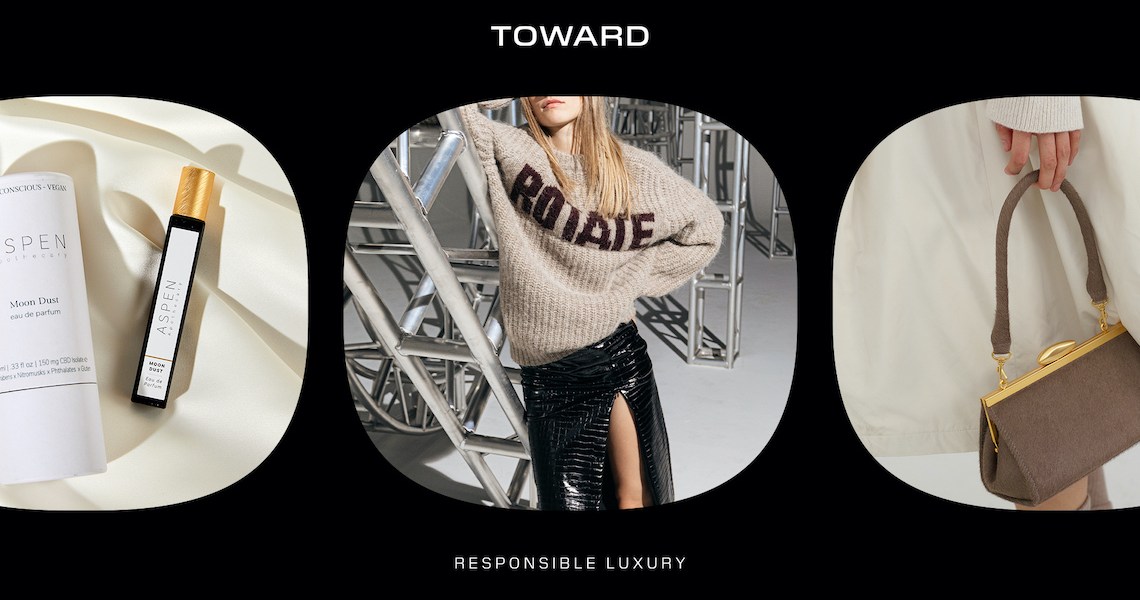There are numerous ways that sustainability-focused fashion brands and retailers have sought to educate consumers about how their consumption affects the planet, from Allbirds including the carbon footprint of shoes on the product itself to Ba&sh releasing a collection made entirely out of material scraps.
On Monday Toward, a sustainability-focused online luxury retailer that launched in August 2021, introduced its own take on an educational sustainability initiative, in the form of an opt-in order limit. Customers, if they so choose, can have their annual number of orders limited to 12. In doing so, they’ll receive a reminder at checkout of how many orders they’ve placed within the year. They can also check the tally on their account, which will feature a running counter of the orders they’ve placed.
It’s a small change, according to Ana Kannan, founder of Toward. The company is not mandating an order limit, and opting-in doesn’t come with any incentives for customers. However, in the future, Toward will likely provide discounts and early access to sales for participating customers, Kannan said. For now, the update is meant to serve as an educational tool, to make customers more conscious of just how much they’re consuming.
“Awareness is always the first step,” Kannan said. “If you don’t know it’s a problem, how can you fix it? Just seeing how many orders you’ve placed can put into perspective how much consumption is too much. Fast fashion has trained people to buy mindlessly and frequently. We’re trying to counter that mindset.”
Toward mostly carries luxury products, with brands ranging from Citizens of Humanity to Vivienne Westwood. Styles range in price from $130 to more than $1,000.
While a majority of Toward customers make just one purchase per month, according to Kannan, the same doesn’t hold true for other retailers. Kannan cited 2021 data from McKinsey stating that, on average, Americans buy a piece of clothing every five days. For every five garments produced and sold in a year, three end up in a landfill by the end of the year. By instituting a limit on her brand’s e-commerce site, Kannan hopes to inspire customers to be mindful of how many orders they’re placing, wherever they shop.
“I understand why more brands are focused on producing things in a more sustainable way than on limiting overproduction,” Kannan said. “It’s easier [to control]. It will take a shift in the overall culture, which requires the work of the whole industry, to help people be more mindful about how much they produce and how much they consume.”
Ad position: web_incontent_pos1
There’s a practical benefit of limiting orders, as well: Doing so can limit returns. The onslaught of returns in the last two years has been tough on retailers’ finances. In 2020, retail returns totaled $428 billion, according to Chain Store Age. Toward’s return policy is already fairly restrictive, only allowing the return of unused and unworn products, with tags, in original packaging and within 28 days of purchase.
The move also looks to alleviate the issue of product supply — an issue brands that has recently been plaguing brands due to supply chain issues around the world.




